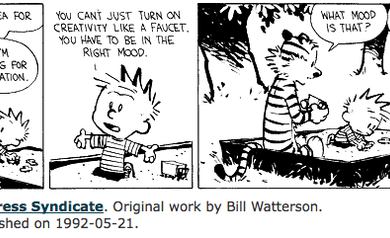If you don’t already know this week’s model Zero-Sum Game, you may well have heard of it before. It’s a key concept from game theory to add to your growing mental set of models! 🧠
What is a Zero-Sum Game?
A situation in which one person or group can win something only by causing another person or group to lose it.
Merriam Webster dictionary
Often to explain zero-sum games a pie is discussed. Let’s imagine it in the literal sense – we’re both hungry and we get a pie to share. If I go ahead and scarf down most of it and only leave you a few crumbs and you’re left hungry, we’ve just experience a zero-sum game. For one person (or side) to win, another must lose. It’s a win-lose situation.
What about Non-Zero-Sum Game?
In contrast, non-zero-sum games (sometimes called positive-sum games) can be win-win situations. These are the type of situations that make the figurative pie bigger. International trade is a commonly used example – both countries can benefit via import and export of goods.
I wonder if Aristotle was thinking about a non-zero-sum game when he wrote:
The whole is greater than the sum of its parts.
Aristotle
🧠 Internalizing the model
Can you notice anything in your life that’s a zero-sum game?
What about non-zero-sum games? Maybe from personal relationships or high performance work teams?
It’s worth being aware that we have a tendency to be somewhat biased in our assessment! So watch out for Zero-Sum Thinking:
A general belief system about the antagonistic nature of social relations, […] based on the implicit assumption that a finite amount of goods exists in the world, in which one person’s winning makes others the losers, and vice versa […] a relatively permanent and general conviction that social relations are like a zero-sum game. People who share this conviction believe that success, especially economic success, is possible only at the expense of other people’s failures.
Want to go deeper?
📙 Here’s an interactive (math heavier) deeper dive into game theory if you’re keen!
🎥 Or if you want a more fun way to learn a little more about game theory you must watch the magnificent movie – A Beautiful Mind.
Got comments?
I’m loving hearing your thoughts and reflections on the models, by leaving a comment below – and via twitter – 🐦@juliaclavien!
Wishing you a week of growing the pie dear Mental Modelers! 🙇






